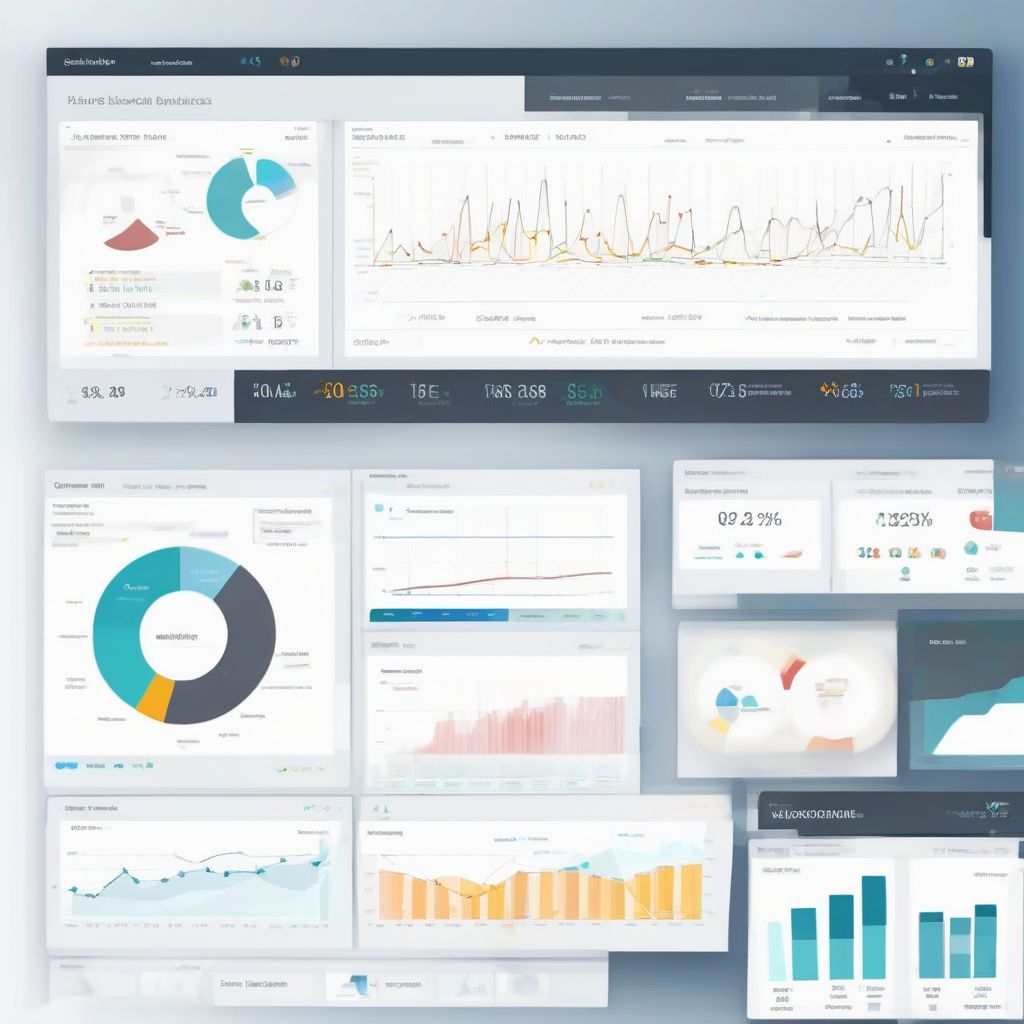Running a small business is no small feat. You’re juggling a million things at once, from managing inventory to tracking sales and keeping your customers happy. It’s enough to make your head spin! That’s where a Simple Erp For Small Businesses comes in.
Think of it as your business’s new best friend – a centralized system that streamlines your operations and helps you make smarter decisions. But with so many options out there, finding the right one can feel overwhelming.
Don’t worry, we’ve got you covered. This guide will walk you through everything you need to know about simple ERP systems and how they can supercharge your small business.
What Exactly is a Simple Erp For Small Business?
Let’s break it down. ERP stands for Enterprise Resource Planning. Sounds complicated, right?
In reality, it’s simpler than it sounds. Imagine a digital platform connecting all your business processes. That’s essentially what an ERP does. It integrates departments like:
- Inventory Management: Keeps track of your stock levels, so you know exactly what you have, what you need, and when to order more.
- Sales and Marketing: Manages customer data, automates sales processes, and helps you reach the right people with targeted marketing campaigns.
- Finance and Accounting: Keeps your books in order, generates financial reports, and makes sure you’re paying your bills on time.
- Human Resources: Streamlines HR tasks, from onboarding new hires to managing payroll and employee benefits.
Now, when we talk about simple ERP for small businesses, we’re talking about systems specifically designed to be:
- Easy to use: You don’t need an IT degree to navigate the software.
- Affordable: They fit within a small business budget.
- Scalable: They can grow alongside your business.
Why is a Simple ERP Important for Your Small Business?
In today’s fast-paced business environment, staying ahead of the curve is crucial. A simple ERP system can be your secret weapon to achieving just that. Here’s why:
1. Streamlined Operations for Increased Efficiency
Say goodbye to manual processes and endless spreadsheets! A simple ERP automates repetitive tasks, reduces the risk of errors, and frees up your time to focus on what matters most – growing your business.
2. Data-Driven Decisions for Smarter Growth
With all your business data centralized in one place, you gain valuable insights into your operations. An ERP system provides you with real-time reports and analytics, enabling you to make data-driven decisions that fuel growth.
3. Improved Customer Relationships for Increased Loyalty
Happy customers are repeat customers. A simple ERP helps you manage customer interactions, personalize their experience, and provide top-notch service, leading to increased loyalty and positive word-of-mouth referrals.
 Modern ERP Dashboard
Modern ERP Dashboard
Common Questions Small Businesses Have About Simple ERP
1. How much does a simple ERP system cost?
The cost of a simple ERP varies depending on factors such as the features you need, the number of users, and whether you opt for a cloud-based or on-premise solution.
2. What are the key features to look for in a simple ERP for my small business?
Focus on features that align with your specific business needs. Consider aspects like inventory management, sales tracking, financial reporting, and customer relationship management (CRM).
3. Can a simple ERP integrate with my existing software?
Most simple ERP systems offer integrations with popular business tools, such as accounting software, e-commerce platforms, and marketing automation tools.
Taking the Next Step with Simple ERP
Investing in a simple ERP for your small business is an investment in your future success. By streamlining operations, empowering data-driven decisions, and fostering stronger customer relationships, you’ll be well-positioned to thrive in today’s competitive market.
Ready to explore your options? Research different ERP providers, compare features and pricing, and choose the system that best aligns with your unique business needs. Remember, implementing an ERP is a significant decision – one that has the potential to transform your small business for the better.